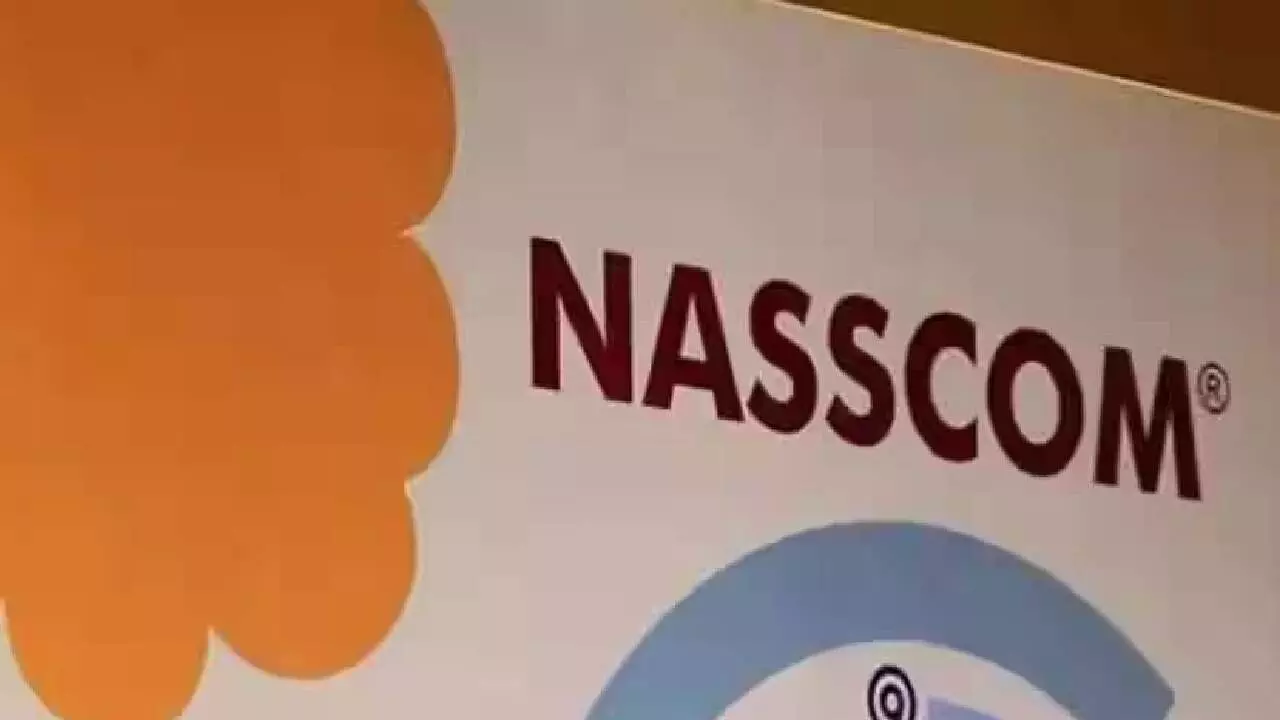Nasscom bats for higher deeptech fund
$250-bn Indian IT industry suggests widening scope for utilisation of SEZ reinvestment reserves in upcoming Budget
image for illustrative purpose

New Delhi: India’s apex IT industry body Nasscom has batted for tweaks in safe harbour rules and widening the scope for utilisation of SEZ reinvestment reserves in its Budget wishlist, while advocating for creation of a central deeptech fund to bolster startup ecosystem in India.
Creation of a grant framework for the deeptechecosystem, and making the deferment of the time of payment of tax on Employee Stock Option Plan (Esop) available to employees of all DPIIT-recognized startups also tops the Budget expectations of the industry. The Union Budget for financial year 2025-26 is scheduled to be presented in Parliament by Finance Minister Nirmala Sitharaman on February 1, 2025. For the $250 billion export-led Indian IT industry, the Budget comes amid continued global macro headwinds, geopolitical risks, and growing unease about possibility of sudden policy and tariff moves by the US, where President Donald Trump has promised to script a new, glorious chapter for America with his headline-grabbing second-term. Issues under transfer-pricing regime, expanding the scope for utilisation of SEZ reinvestment reserve for tech companies, as well as measures to promote startup in India figure high on Nasscom’s budget expectations. Among the key asks is also making deferment of the time of payment of tax on Employee Stock Option Plan (ESOP) available to the employees of more startups.
“The deferment - even if you look at only DPIIT-registered startups - is actually available only to about 2.5 per cent of these startups. While the DPIIT has roughly around 1.43 lakh startups registered on its portal, of which 3,600 odd are certified by the inter-ministerial board, and only these startups can get this benefit,” Ashish Aggarwal, Vice President and Head of Public Policy at Nasscom told PTI.
Given that the employee is required to pay full tax and there is only a deferment of the time of payment, the benefit should be available to all DPIIT recognised start-ups, not limited to 3,605 start-ups who have obtained IMB certificate under IT Act, according to Aggarwal. “In fact, there is a merit in going beyond,” he said.

